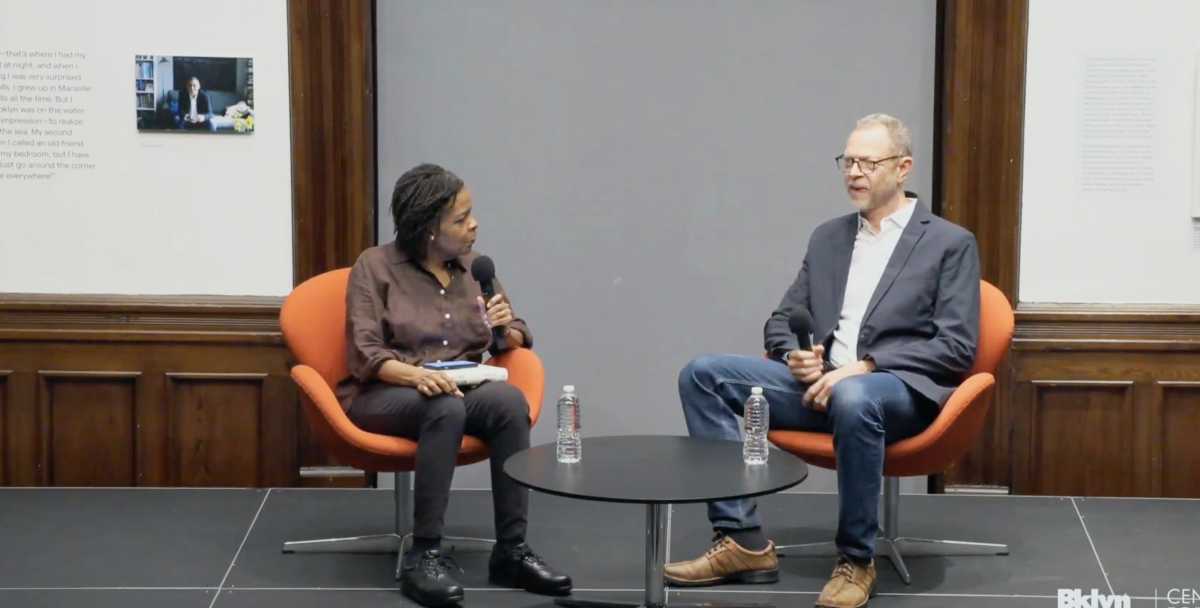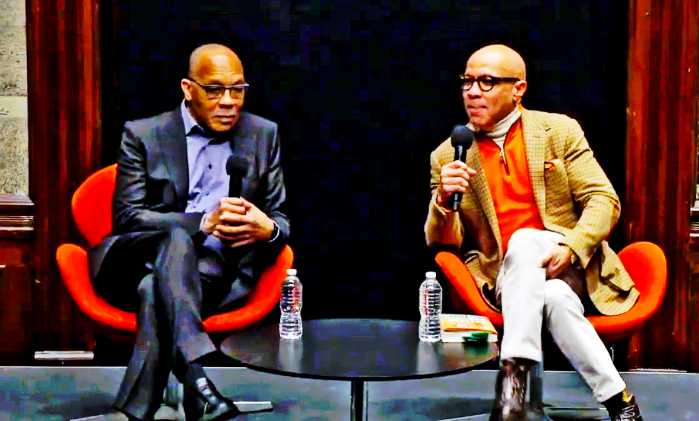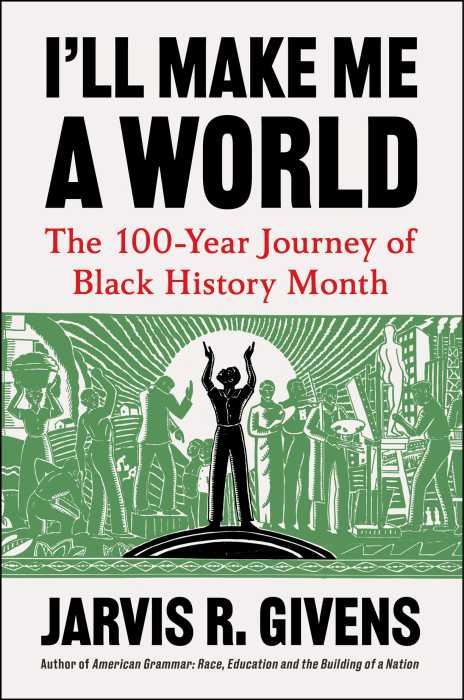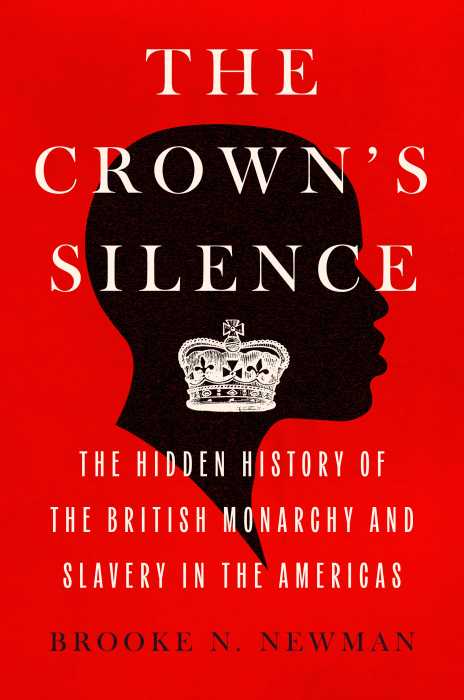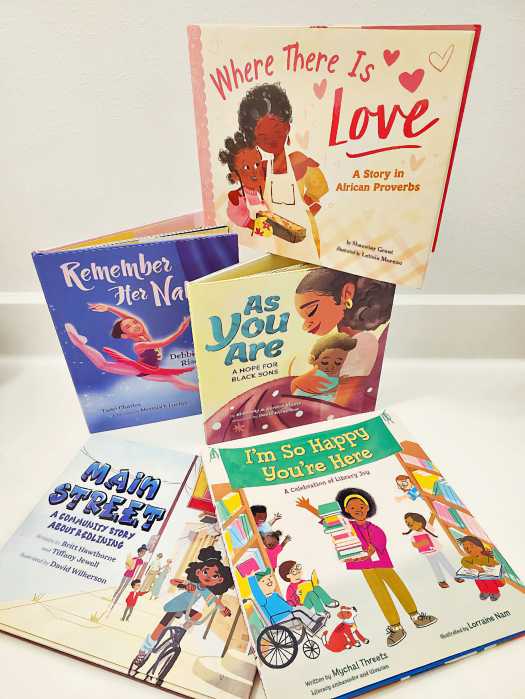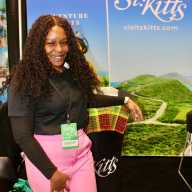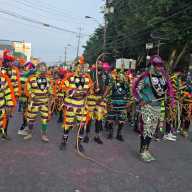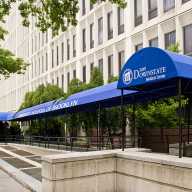On Sept. 9, Howard W. French, journalism professor at Columbia University and author, discussed his new book, “The Second Emancipation: Nkrumah, Pan-Africanism, and Global Blackness at High Tide” (2025, Liveright Publishing Corporation), in a hybrid conversation at the Brooklyn Public Library’s Center for Brooklyn History (BPL-CBH).
The conversation was moderated by Annette Gordon-Reed, who is the Carl M. Loeb University Professor at Harvard University. Discussing what led him to write this book, French shared that he was inspired by his family history, which he said relates to Gordon-Reed’s book, the Pulitzer Prize–winning book The Hemingses of Monticello (2008).
“I come from a family background that is not unlike that of Sally Hemings, on land very close by to the Jefferson estate, which, miraculously, some of which has remained in my family’s hands, and so I grew up unusually aware of the story of slavery in the United States and alert to its implications. My parents moved to West Africa as I entered college, and then to the Ivory Coast, Ghana’s neighbor to the west. I began traveling as a student to Ghana about a decade after Nkrumah had been overthrown. So by virtue of that experience, the whole Nkrumah story began to penetrate me,” he stated.
He went on to explain how roughly a million Africans, some of whom were former troops in the Gold Coast, played an essential part in World War II by fighting for Europe, as he mentioned in this book.
“The Ghanaian troops tended to be disproportionately sent to the front in Burma and played a major role. Britain did horribly in World War II in terms of land warfare. This was one of the big successes in the British land war in World War II. At the time, they played an enormous decisive role in ‘saving the bacon’ of Britain in Burma, which was a very hard-fought front in the war. Troops come back from having made these sorts of contributions and sacrifices knowing that they’ve put their lives on the line, that they’ve had their comrades die, knowing that they played the decisive role, and they expect something,” he explained.
He added that the war primed the struggle for independence, and as the author, one of the most important things about the book or its traits is the intertwined history of the battle for freedom and rights in Africa and the United States.
An example of this that French mentioned was during World War I, when W.E.B. Du Bois received intense criticism among African-Americans for saying that African-Americans had to fight.
“The government didn’t want African-Americans to fight. Du Bois said, ‘We have to fight in the war to validate our demand for true citizenship,’ and many Black people criticized Du Bois for that, saying, ‘Listen, we’re not going to be treated right no matter what. How could you, of all people, say that we should contribute to an imperial war? By World War II, the sentiment had spread widely in black society. We had to push. African Americans had to push to be allowed to fight, to fully participate in combat in World War II. It was not something seeded or granted to African-Americans, and they also came back saying, ‘We have earned our civil rights now. Not that we didn’t deserve civil rights before, but this is, kind of, proof of concept,” he continued.
Those interested can purchase The Second Emancipation here: https://wwnorton.com/books/9781324092452.
To stay updated on the work of the BPL-CBH, those interested can sign up for the newsletter here: https://www.bklynlibrary.org/enewsletter?eNewsType=BrooklynologisteNews&_gl=1*5c2hq0*_gcl_au*MTE1NDk3MjI4NS4xNjk1NjUxOTcw.
They can also follow the Center on social media and find upcoming programs here: https://www.bklynlibrary.org/locations/center-for-brooklyn-history.


